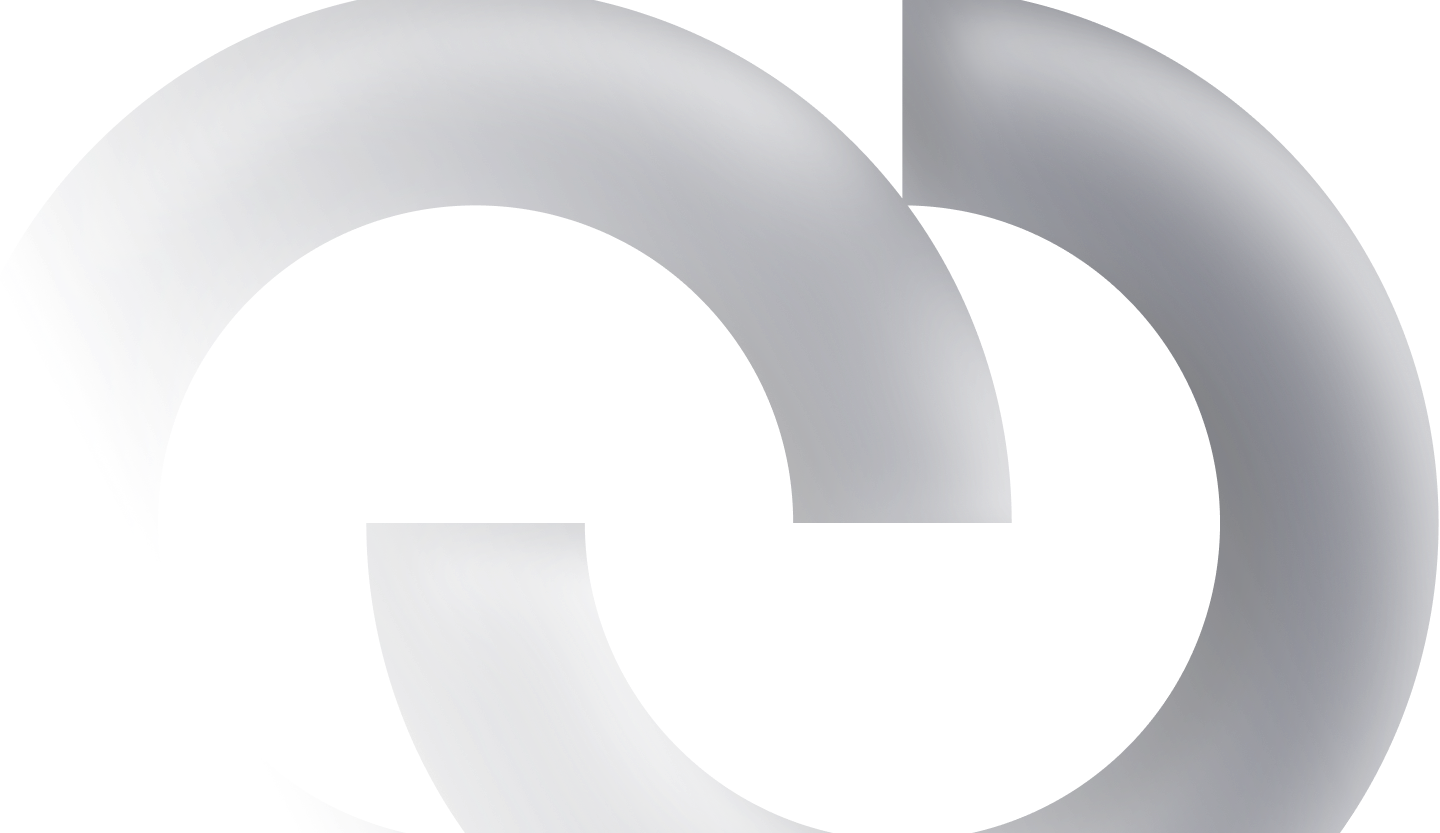READ NEXT
Technology and Desired Behavior


Many people use smartphone applications daily, such as WhatsApp, to stay in touch with family and friends and view pictures of flowers shared by our elders; Twitter, to follow paid news services and the various rumors spread by fake accounts; and Snapchat and Instagram, to see what our friends are eating and where they are spending their summer vacations. However, it is rare for productivity-enhancing apps, like Wunderlist or Todoist for task and project management, or Google Calendar for scheduling meetings and appointments, to be utilized. This is despite the fact that life is full of exciting meetings, daily tasks, and projects—most of which are minor, like going to the grocery store or buying essentials, while a few are complex projects requiring careful preparation and clear task delegation.
Many people, whether intentionally or unintentionally, forget their tasks and appointments. This behavior calls for serious reflection and a shift toward change. This is where technology steps in to bridge the gap between existing behavior and the desired one. Below, I will discuss simple applications that anyone can use to enhance productivity in daily life.
Google Calendar
This is a Google app that features daily, weekly, and monthly calendars. Users can organize their daily schedules and social appointments and share events via email, allowing recipients to confirm their attendance or inform of their absence.
Todoist
A task and project management app widely used by senior executives of global companies and small business owners. It helps distribute tasks among team members, offers robust capabilities for task archiving, and allows for the creation of recurring weekly, monthly, or even annual tasks.
Mint
One of the leading personal finance management apps, Mint helps individuals track their expenses and income continuously without having to repeatedly check their bank accounts. It also identifies recurring expenses that users can cut back on to save money.
Google Keep
This Google-developed note-taking app allows users to jot down notes, add tags for easy searching, and even create voice recordings for important reminders. These can be retrieved or stored on the user’s Google account.
The aforementioned apps store your valuable information on what is known as “the cloud,” which consists of massive, secure data centers designed to prevent data loss in case your smartphone is lost. It is worth noting that we invest substantial amounts in smartphones and tablets (or long-term contracts with telecom companies) without utilizing most of their fantastic features and applications that can help organize our lives.
Life is too short to waste through forgetfulness or neglect.




